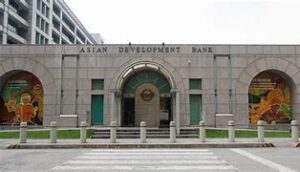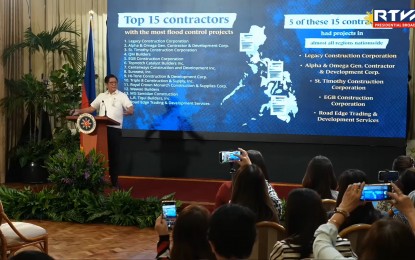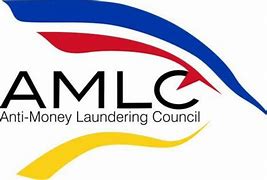The Asian Development Bank (ADB) remains cautiously optimistic about the Philippine government’s handling of infrastructure projects it supports despite lingering issues on financing and land acquisition that continue to challenge implementation.
In a briefing on Wednesday, April 9, ADB Country Director for the Philippines Pavit Ramachandran addressed concerns over how the government is managing the rollout of key infrastructure projects backed by the multilateral lender.
“We have an infrastructure preparation innovation facility, which is working primarily with DOTr and DPWH… to ensure these projects are prepared to high quality,” said Ramachandran, referring to the Department of Transportation and the Department of Public Works and Highways.
He acknowledged the complexity of ongoing infrastructure projects like the Malolos-Clark Rail under the North-South Commuter Railway, which is approaching its second tranche of funding consideration by ADB’s board.
“These are extremely complex… Doing these projects in a setting like Metro Manila with all the engineering complications—and as you rightly pointed out—right-of-way is a major complication in this context,” he said.
Ramachandran noted that the right-of-way (ROW) issues extend beyond simply relocating project-affected people and utility lines and other intersecting infrastructure.
Still, the ADB lauded the Department of Transportation’s renewed efforts to tackle ROW concerns head-on by working closely with local government units.
“We’re quite pleased now that the new leadership in DOTR has taken this on as a central focus,” Ramachandran said.
When asked whether ADB was considering acquiring land directly—potentially through changes in land ownership laws to allow foreign entities to own land—Ramachandran clarified that while such a move could ease ROW bottlenecks, it isn’t being actively pursued.
“I don’t think we need to necessarily push that at this stage, because we are seeing some tangible progress,” he said, tempering expectations on a policy shift that would open Philippine land ownership to foreign bodies like ADB.
Concerns also surfaced regarding how some ADB-backed projects were placed under unprogrammed appropriations in the national budget.
Ramachandran acknowledged the challenge but said discussions with oversight agencies are ongoing to ensure continuity.
“Certainly from an ADB side, we can explore that possibility [of structural changes], but we’re not there yet,” he noted.
Looking forward, ADB emphasized its support for fiscal sustainability through domestic resource mobilization and partnerships with the private sector.
Ramachandran said ADB is “centrally involved in the PPP agenda” and emphasized the hybrid model approach, where public funds cover capital expenditures and private concessionaires manage assets.
“This is a multi-pronged effort to ensure that any budgetary constraints don’t impinge on project implementation,” he said.
ADB’s engagement in the Philippines is guided by a country partnership strategy extending from 2024 to 2029, focusing on infrastructure, climate change, disaster resilience, human capital, and private sector development.
Regarding the recent trend in Congress of placing major infrastructure projects under the unprogrammed appropriations of the annual national budget, Ramachandran said the ADB is “engaged in talks with implementing agencies to find ways to address the issue.”
Unprogrammed appropriations are not part of the regular budget and can only be tapped when there are additional revenues—such as surplus tax collections or foreign loans. This setup often results in delays, as projects under this category lack guaranteed funding.
Earlier this year, reports noted that the proposed ₱6.352-trillion national budget for 2025 allocated as much as ₱363.2 billion for unprogrammed appropriations. This includes funding for ongoing ADB-supported projects like the Metro Rail Transit Line 4 (MRT-4) and the North-South Commuter Railway (NSCR), among others. (TCSP)




